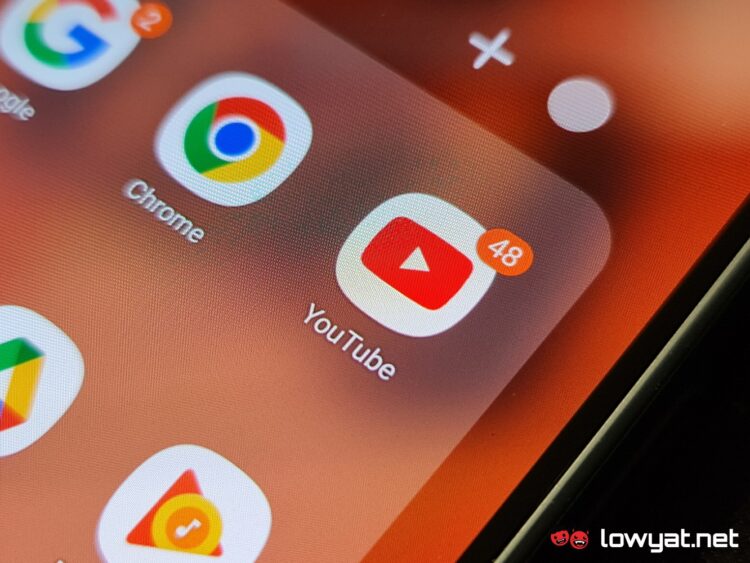YouTube is planning to update the guidelines for its YouTube Partner Program (YPP) to prevent creators from generating revenue from content it deems as “inauthentic”. The video sharing platform’s monetisation policy is set to be updated next week, specifically on 15 July.
While the company has yet to release the exact details on the upcoming change, it has clarified that YPP creators have always been required to upload “original” and “authentic” content. An article on the YouTube Help page states that the update is meant to better identify content that is mass-produced and repetitive.

Additionally, YouTube Head of Editorial & Creator Liaison Rene Ritchie posted a video further explaining that this type of content has been ineligible for monetisation for years and is typically what viewers would consider as spam. While Ritchie makes no mention of AI-generated content, it is likely that the update is meant to target such videos, given the use of the “mass-produced” keyword.
TechCrunch points out that YouTube has become increasingly flooded with low-quality media created using generative AI. Examples of such AI slop include photos or clips overlaid with AI narration, which can be made with ease thanks to text-to-voice tools. Aside from that, AI has been used to create fake news designed to attract attention and gain views.
 Of course, we don’t really know for sure if this is the reason for what the company is calling a minor update to its policies. However, it is clear that allowing creators to profit from the creation of this type of content could eventually negatively impact the platform.
Of course, we don’t really know for sure if this is the reason for what the company is calling a minor update to its policies. However, it is clear that allowing creators to profit from the creation of this type of content could eventually negatively impact the platform.
(Source: YouTube via TechCrunch)


